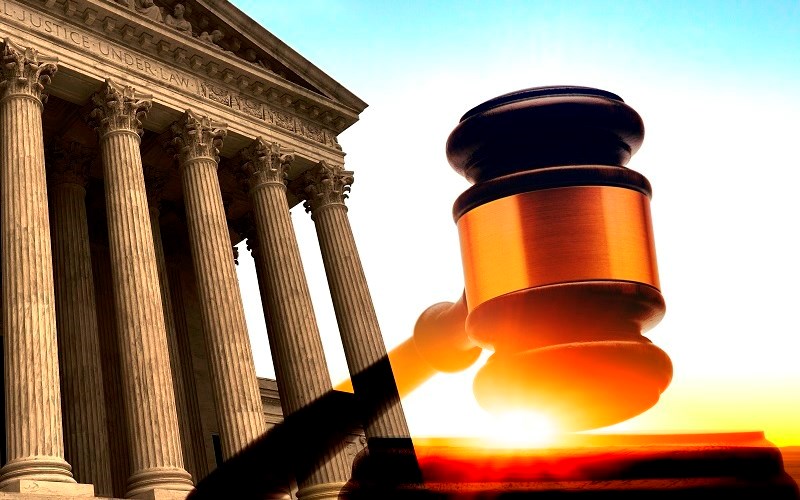Governor Henry McMaster has filed a motion for summary judgment in Rogers v. HHS, asking the U.S. District Court for the District of South Carolina to protect his state's right to partner with private faith-based foster care agencies that the governor says can help place children in foster care in loving homes. The case involves one of those agencies, Miracle Hill, which has been placing foster children with families for more than 80 years. In 2019, the ACLU sued both the state and the federal government for continuing to allow agencies like Miracle Hill to place foster children with state-licensed foster families.
AFN spoke with Attorney Lori Windham with The Becket Fund for Religious Liberty, which is one of the counsels for the governor.

"Governor McMaster of South Carolina is actually protecting religious foster agencies who do great work for families while following their faith," the attorney explains. "And for doing that, he got sued by the ACLU and Americans United for the Separation of Church and State [who say] that it violates the Constitution to actually protect and respect the rights of religious foster agencies."
The ACLU argues that state and federal governments violate the law by working with a foster care ministry that requires its staff, volunteers, and foster parents to share its religious beliefs. South Carolina is asking the federal court to reject the ACLU's arguments.
Windham doesn't believe this should even be an issue. For example, she cites a recent Supreme Court case (Fulton v. City of Philadelphia, Pennsylvania) which said Philadelphia had to partner with a religious agency and could not exclude Catholic Social Services for being Catholic.
"South Carolina correctly recognized that that meant they couldn't exclude other Christian foster agencies for being Christian," Windham adds, "but that's not enough for the ACLU. They're continuing to argue in court that South Carolina has done the wrong thing – and a court needs to stop it."
A ruling from the court in Rogers v. HHS is expected sometime next year.







